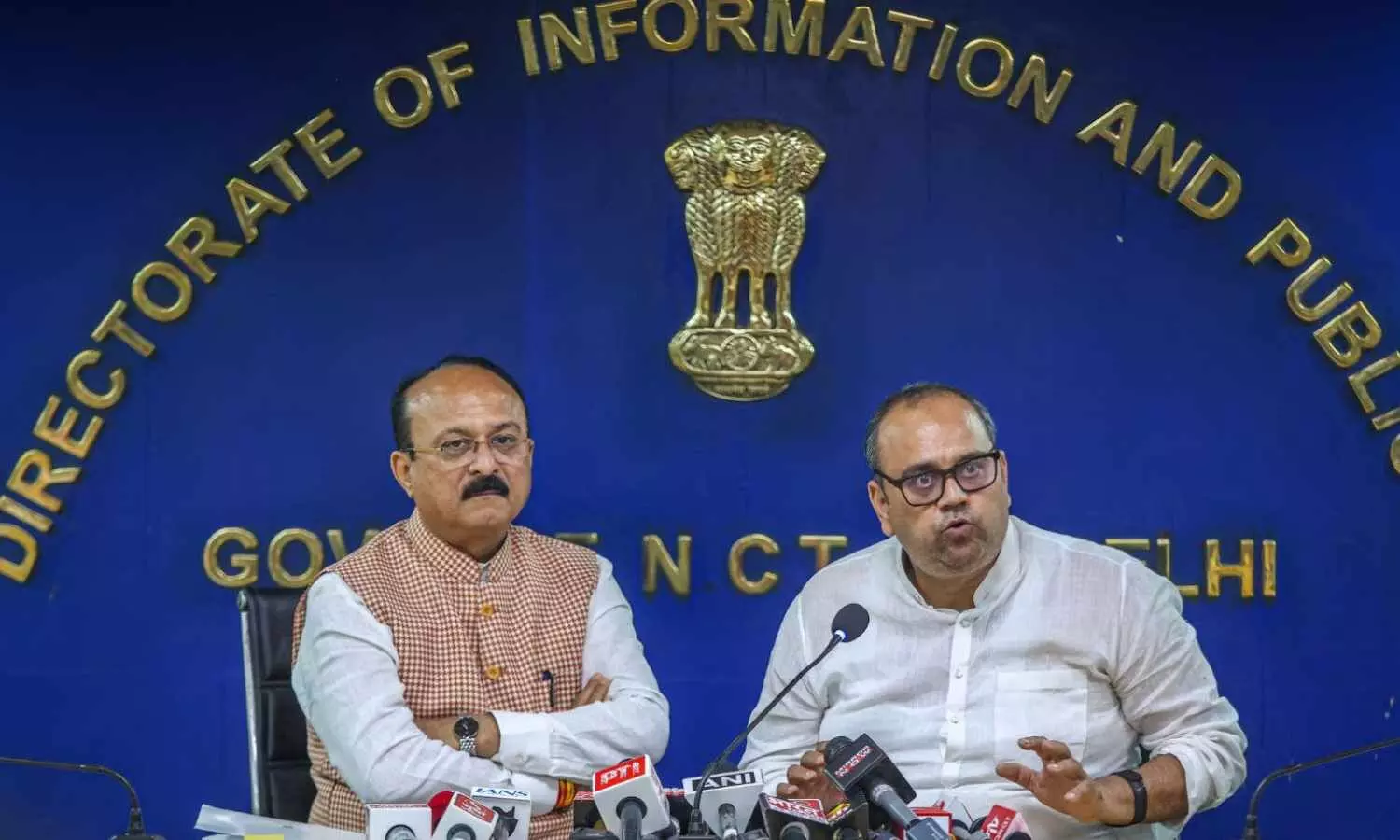Delhi Government Grants 3-Month Extension to EV Policy 2.0
The initial three-year term concluded in August 2024, but the state government has opted to extend the policy further — here are the details.
EV

Delhi EV Policy 2.0 Gets Three-Month Extension Amid Implementation Delays
Amid the buzz surrounding the draft of Delhi’s new EV Policy 2.0, a recent update offers short-term relief to residents. The current EV policy has now been granted a three-month extension, allowing its provisions to remain in effect until the final implementation of the new framework.
According to a report by PTI, the decision to extend the existing policy was approved by Delhi Chief Minister Rekha Gupta. In a related statement, Transport Minister Pankaj Singh clarified that there would be no immediate ban on auto-rickshaws or any other vehicle category under the current regulations. Notably, this isn’t the first time the policy has been extended. Originally launched in August 2020, the EV policy was a flagship initiative aimed at curbing vehicular pollution while promoting electric mobility in the city.
EV Policy 2.0: A Step Towards Cleaner Mobility
The primary objective of Delhi’s EV Policy 2.0 is to accelerate the adoption of electric vehicles as a strategy to reduce air pollution. The draft targets a wide range of vehicle categories, including two-wheelers, three-wheelers, buses, and goods carriers. A key aim is to ensure that EVs make up at least 25% of all new vehicle registrations by 2024.
Under the policy, several incentives have been proposed to encourage EV adoption. These include a subsidy of up to ₹36,000 for women purchasing electric two-wheelers. Additionally, buyers could receive a purchase incentive of ₹10,000 per kilowatt-hour of battery capacity, capped at ₹30,000 per vehicle.
More Than Just Vehicles: Job Creation and Infrastructure
Beyond promoting EV sales, the policy outlines ambitious goals for creating infrastructure and employment. It is expected to generate over 20,000 new jobs while establishing battery collection centers and expanding the network of charging and battery-swapping stations across Delhi.
The new EV Policy 2.0 will be rolled out once it receives cabinet approval. Until then, the existing policy framework will remain in place to ensure continued progress in Delhi’s clean mobility mission.

